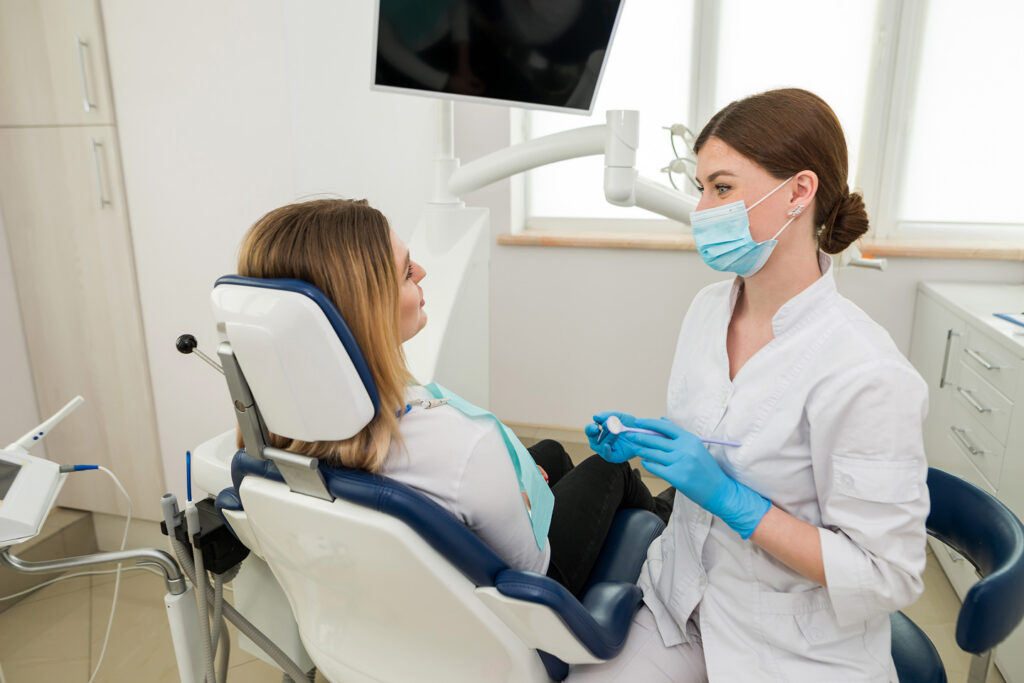
Navigating the Cost of Oral Cancer Surgery: A Comprehensive Guide
The Complexity of Oral Cancer Surgery
Factors Influencing Cost
Treatment Approach: The chosen treatment approach, whether it’s surgery alone or a combination of surgery, radiation therapy, and chemotherapy, will significantly impact costs.
Hospital Fees: Hospital charges, including operating room fees, anesthesia, and overnight stays, contribute to the overall cost. The type of facility, whether it’s a community hospital or a specialized cancer center, can also influence expenses.
Pre-operative Tests and Imaging: Before surgery, patients may undergo various tests such as biopsies, imaging scans (CT scans, MRI), and blood work to assess the extent of cancer and plan the surgical approach. These diagnostic procedures add to the overall cost.
Post-operative Care: The cost of post-operative care, including follow-up appointments, rehabilitation, and potential complications, should be factored into the overall treatment expenses.
Reconstructive Surgery: In cases where oral cancer surgery involves extensive tissue removal, reconstructive surgery may be necessary to restore function and aesthetics. This additional procedure contributes significantly to the overall cost.
Geographic Location: The cost of healthcare services varies by geographic location, with urban areas generally having higher expenses than rural areas due to differences in overhead costs and market dynamics.
Financial Planning and Assistance
Special Considerations for Different Procedures
Health Insurance: Understanding your health insurance coverage is paramount. Review your policy to determine what is covered and what out-of-pocket expenses you may incur. It’s advisable to contact your insurance provider directly to discuss coverage specifics related to oral cancer treatment.
Financial Assistance Programs: Many hospitals and cancer centers offer financial assistance programs or resources to help patients manage treatment costs. These programs may include discounted services, payment plans, or assistance with navigating insurance claims.
Government Programs:: Patients may be eligible for government-sponsored healthcare programs such as Medicaid or Medicare, which can provide coverage for certain aspects of oral cancer treatment. Additionally, some states offer financial assistance programs specifically for cancer patients.
Clinical Trials: Participation in clinical trials can sometimes provide access to cutting-edge treatments at reduced or no cost. Discuss with your healthcare provider whether you qualify for any ongoing clinical trials.
Crowdfunding and Support Networks: In some cases, patients turn to crowdfunding platforms or seek assistance from family, friends, and community networks to help alleviate the financial burden of treatment costs.

